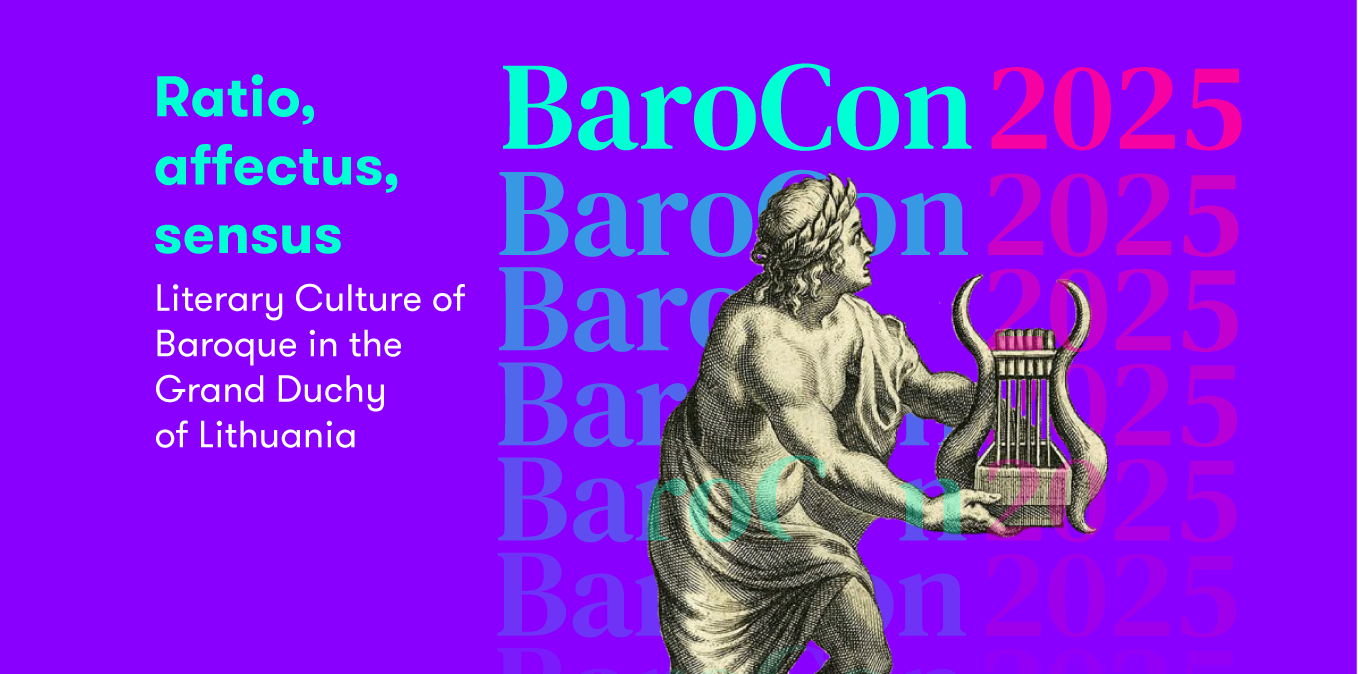
Dovilė Čitavičiūtė
Marriage as Politics: Aristotelian Views on Women and Family in Baroque Lithuania women of the GDL
Dovilė Čitavičiūtė
The Institute of Lithuanian Literature and Folklore
Marriage as Politics: Aristotelian Views on Women and Family in Baroque Lithuania women of the GDL
Keywords: Aristotelian philosophy, family politics, Aaron Alexander Olizarovius
Aristotle’s works, including the pseudo-Aristotelian Economics, played a pivotal role in shaping Early Modern gender and social theory, particularly through their widespread dissemination in Latin translations and commentaries. While the European Renaissance witnessed extensive debates on the "woman question", these discussions emerged in the Grand Duchy of Lithuania several centuries later, coinciding with the flourishing of Baroque intellectual culture in Vilnius. Scholars at Vilnius University, including the philosopher Aaron Alexander Olizarovius (1610–1659) and students such as Michał Mniszek and Michael Moygis, engaged with Aristotelian thought to examine women's roles within the family and society, particularly in relation to authority and virtue. This paper argues that Aristotelian philosophers in the Grand Duchy of Lithuania, like their European counterparts, conceptualized the domus—the household—not as a private sphere but as a fundamentally political space, where civil happiness and the stability of the state were negotiated. Central to these debates was the marital relationship within noble families which was framed not as a purely personal bond but as a civic and political institution governed by established duties and expectations. Two dominant intellectual currents emerged: one advocating the patriarchal authority of husbands, often justified through biblical interpretation, and another proposing a more reciprocal, legally structured model of marriage. This paper highlights how Aristotelian notions of rationality, virtue, and gender differences shaped Baroque Lithuanian perspectives on women—not as inherently subordinate, but as autonomous agents integral to the state. Unlike many of his contemporaries who viewed women through the lens of natural inferiority, Olizarovius offers a more nuanced and progressive vision of women’s roles within marriage, positioning them as active participants in the moral and civic order.